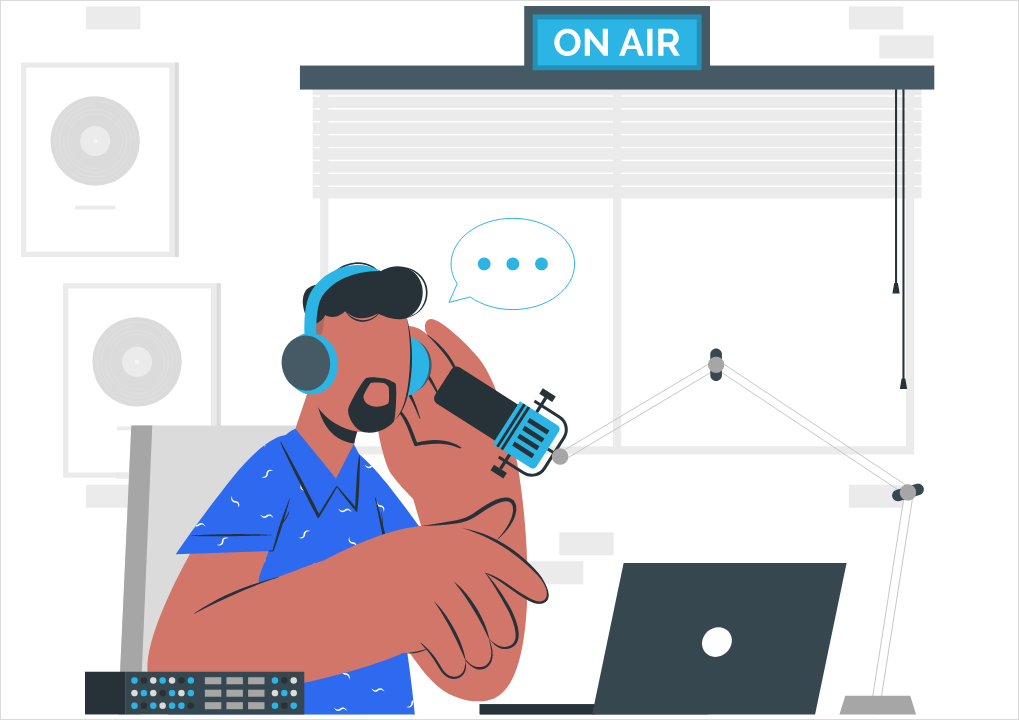Google announced that it will be replacing third-party cookies with FLOCs (Federated Learning of Cohorts) early last year. According to Google, it was the future of the digital world as it doesn’t rely on tracking systems to get data of the users. Now, it has been mentioned that it won’t be using FLOCs. It has now switched to the Topics API to target its users. This system is just as unpopular for the advertisers as the previous one.
The founder of AccuraCast stated that Google doesn’t seem to have a clear point of view about how it is going to move forward in a cookie-free world. It introduces different systems but then changes its plans all of a sudden. It shows that Google is also confused about what it should do to survive in the new digital world.
Now, a lot of critics are doubtful about the suitability of the Topics API. It is a system that will allow chrome to pick the top five interests of each user every week. This process will not include any external server, it will be carried out on the device which the user is using. The topics will stay in the browser for three weeks after which they will be deleted. Other than these 5 topics, one more topic is going to be added randomly. This way, 6 topics will be associated with one user every week. Whenever a publisher will request chrome to share one topic of user’s interest, it will send one topic from the last three weeks. So, the chances for the publisher to have a random topic will be 5%.
Google has around 350 topics on its list and it is planning to add more. However, it won’t include any discriminatory subjects. For those who use Chrome, Chrome is planning to facilitate its users by giving them the option to edit or delete their topics. They would also be able to turn off the feature if they want to or feel any security threat while browsing.
However, the main question that comes into the mind of a lot of researchers and critics is how Google can assume that one user can only be interested in five to six topics a week. The average of a user’s attention span is more than that. Every individual can think about entertainment, health, food, transport, holiday, commuting, and so many more in a week. According to this, the limitation of 5 topics a week is going to be quite less for both the user and advertiser. The marketers will have more pressure on them to target the audience towards their products or services due to the lack of reliable reach. On the other hand, it won’t be satisfactory for privacy advocates. So, nothing will be enough to satisfy both of them at the same time.
Furthermore, Google is quite late in replacing the third-party cookies as it was planning to be done with that by the end of 2023. It has stated earlier that it will launch a developer trial for topics but there is no progress so far. It has also not shared any information regarding when and how it will begin with it. It has previously worked for the users by giving them the option to block pop-up ads but now it seems to be turning over from its previous stance. Just like this, the previous replacement of Google for third-party cookies was also risky. According to the privacy critics, it was allowing the advertisers to get access to the information and data about users’ demographics. It didn’t only post a threat on the personal security of a user but also resulted in discriminatory targeted ads. A lot of other browsers like Mozilla, Brave, Edge, and Vivaldi refused to use it because of such critical reasons.
In short, the idea of the Topics API, introduced by Google, is not as new as it appears. It is a new proposal from the initiative of Google’s Privacy Sandbox, which was introduced previously. It also shared a list of its users’ interests with the advertisers. Despite the supporting argument it has given to defend its policy, it was still allowing advertisers to track the information of the users to build their profiles. Google says that Topics API is the new version of that same approach with a lot of modifications. It has promised to share more details regarding this plan to keep the users updated. Now both the critics and users are looking forward to what Google has in its new proposal.






